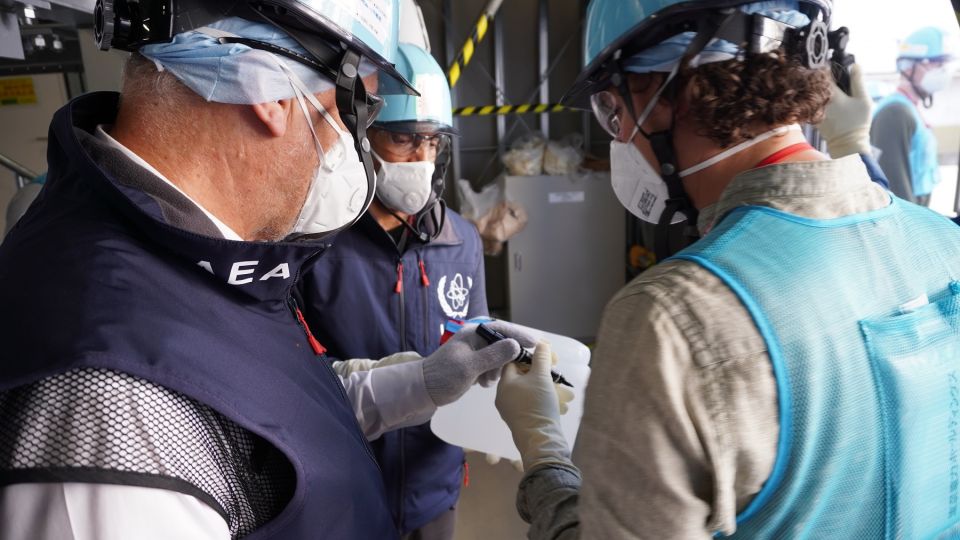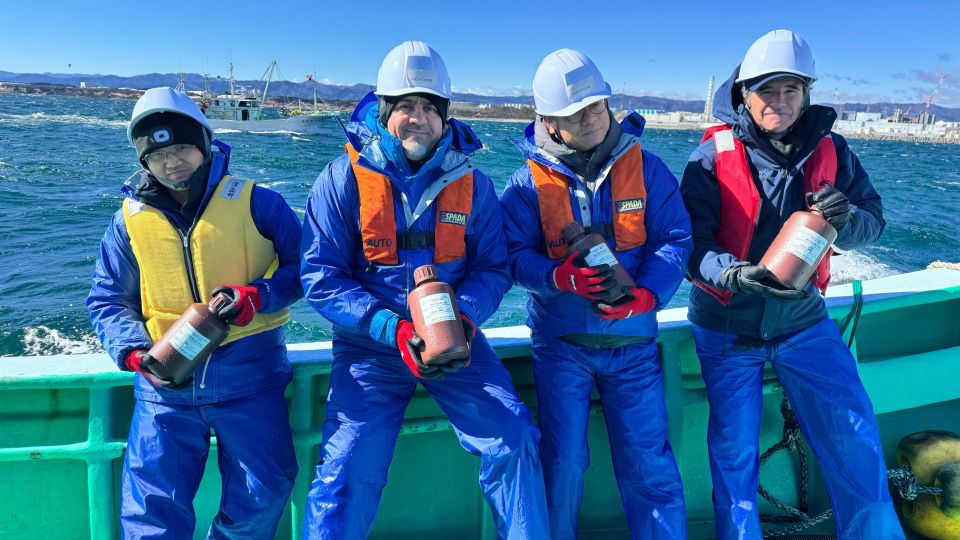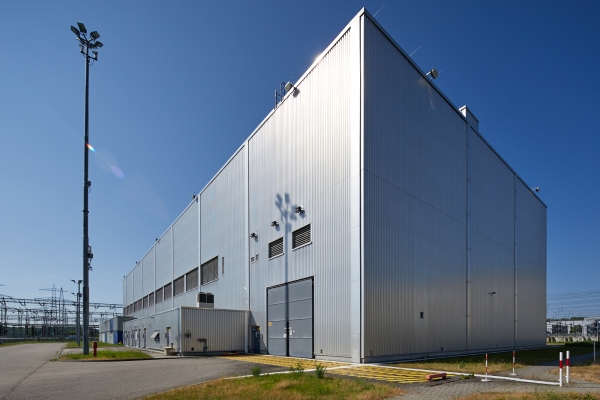Germany election brings nuclear power back into spotlight
It’s been less than two years since Germany shuttered its three remaining nuclear plants on April 15, 2023—the culmination of a decision reached during the backlash following the Fukushima Daiichi accident in Japan in 2011.
Now, Germany’s conservative Christian Democratic Union (CDU) is leading a charge to revive nuclear power ahead of the national election on February 23, which the party is expected to win, according to Politico.
When energy supply in the region was constricted as a result of the Russia-Ukraine conflict, German officials opted to keep the country’s last nuclear plants on line throughout the winter of 2022 to shore up supplies. Since then, surging energy prices in the country (largely due to its dependence on stilted Russian fuel supplies) have taken a toll on Germany’s industrial competitiveness and pressured companies to move elsewhere, Politico reports.
“It is in our national interest to retain the option of nuclear power,” Jens Spahn, deputy parliamentary leader of the CDU, told the news outlet. “When a new generation of small and low-waste nuclear power plants is ready for the market, we should use it. The demand for energy in the digital world is increasing instead of decreasing.”
The politics: The upcoming election is in response to the collapse of Chancellor Olaf Scholz’s three-way coalition. The parties involved are Germany’s two centrist, “big-tent” parties—Scholz's center-left Social Democrats (SPD) and the opposition conservatives, an alliance of the Christian Democrats (CDU) and their Bavarian sister party the Christian Social Union (CSU), according to Reuters.
Smaller parties such as the Greens and far-right Alternative for Germany (AfD) have gained ground, and all four groups are fielding candidates for chancellor. Also running are the pro-market Free Democrats (FDP), the far-left Linke, and the leftist Sahra Wagenknecht Alliance (BSW), which may not meet the 5 percent threshold to make it into Parliament, according to opinion polls, Reuters reported.
The nonpartisan, nonprofit Intelligence and National Security Alliance shows conservatives ahead in the polls, with roughly 30 percent of the vote in recent surveys.
Support for nuclear: Opposition to Germany’s move to cease nuclear power operations included an outspoken group of scientists in the final weeks of nuclear plant operations calling on the government to spare the remaining nuclear plants, which still produced enough zero-emission energy to power 10 million German households each year. Scientists in their April 2023 open letter to the German government pointed to France, the United Kingdom, Poland, the Czech Republic, and the Netherlands, among others—countries “planning to build new nuclear power plants or are already doing so, while Belgium and Switzerland are seeking to extend the operating licenses of their plants.”
More recently, actor and politician Arnold Schwarzenegger used his platform at the 2024 Austrian World Summit to criticize Germany’s nuclear plant closures.
“In Germany, they set an ambitious goal to cut pollution by 65 percent by the year 2030,” he said during his speech, promoting the Schwarzenegger Climate Initiative. “That’s a huge goal. It’s unbelievable, but one-third of their wind projects are being delayed by their permitting process, and on top of that, they closed the nuclear power plants that provide 6 percent of their clean energy.”
Schwarzenegger pointed to California’s Diablo Canyon and the groundswell of support to keep the plant on line in the face of potential closure in recent years. The 2,200-MWe plant has a five-year license extension reprieve while it pursues a 20-year extension for the reactors from the U.S. Nuclear Regulatory Commission.
“It was supposed to close in 2024, but no, President Biden said, ‘Wait a minute.’ Governor Newsom said, ‘Wait a minute. This is giving us clean energy. Let’s keep it open. Let’s refurbish it, modernize it, spend a billion dollars to make sure it’s safe,’” Schwarzenegger said. “Now they’ve kept it open for years to come because it’s providing clean energy for California—9 percent of [the state’s] energy [and 17 percent of its zero-carbon energy].”
“That’s being sane,” Schwarzenegger added.
What’s next? There is not a clear path forward for nuclear in Germany, but a February 6 article from THINK, an economic publication from ING, cited energy as one of the three most pressing structural economic issues for the nation.
“Germany needs to step up investment in renewables and innovation as well as present a better way to accompany this transition by ensuring secure and stable energy imports, subsidizing energy prices to ensure stable prices, and/or rethinking nuclear power plants,” according to the article.
CDU leader Friedrich Merz and the party’s manifesto have called for nuclear power revival, including the exploration of small modular reactor development. However, even Merz has conceded in recent reports that it’s unlikely any of the old reactors can be restarted, according to Carbon Brief.





